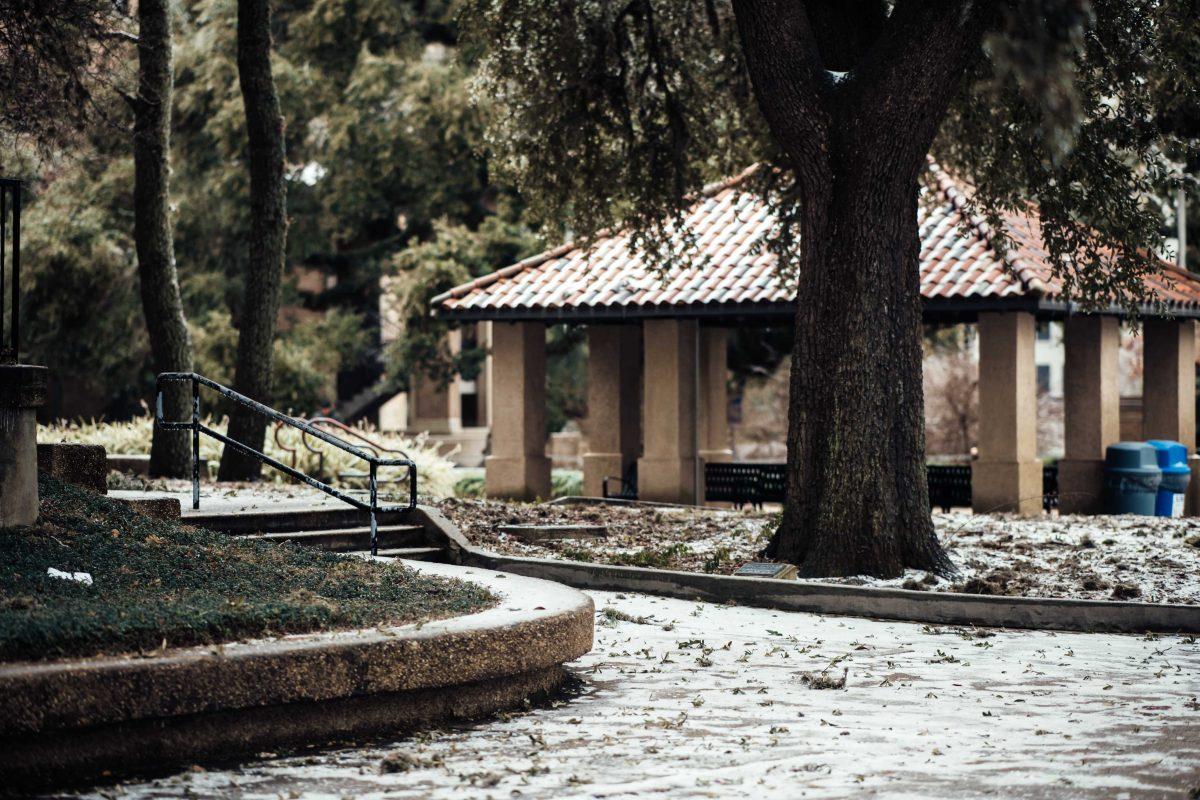Philadelphia Mayor John Street signed a law on Sept. 14 banning smoking in most public places in the city.
The law, which will take effect January 2007, bans smoking in all restaurants and most bars. A similar law will also go into effect in Louisiana in January.
The bans are similar to many others around the country, as more states and cities pass anti-smoking laws. Almost 20 states and more than 450 cities have passed anti-smoking laws for restraunts, bars and workplaces.
This trend of anti-smoking laws has swept the nation and has found its way to Louisiana and the University.
Louisiana joined the movement after passing an anti-smoking bill in the state Legislature during the summer. Senate Bill 742, called the Louisiana Smoke-Free Air Act, recieved approval from the Legislature and was signed by Gov. Kathleen Blanco in July.
Blanco said in a statement that she signed the bill “as a progressive health care measure that will protect people, especially children, from second-hand smoke in public places.”
The law was written by Sen. Rob Marionneaux Jr., D-Grosse Tete, and prohibits smoking in public places, such as restaurants and some bars. Casinos and free-standing bars are exempt from the law.
The bill’s authors said the purpose is to protect non-smokers from the involuntary exposure to smoke in most indoor areas open to the public.
University students are mostly split on the issue.
With the law going into effect next January, many students said they are not aware of the upcoming change.
Students who are aware of the law said they have mixed feelings on the issue.
Some smokers said they think their rights are being infringed upon, while some non-smokers said the law will improve health standards and greatly reduce public exposure to second-hand smoke.
Allen Demoura, undecided freshman, said he didn’t know about the law until recently, but thinks it is unfair.
“The government is trying to make smoking a sin tax and that enforcing the law should be left only up to business owners,” he said.
Harrison Sparks, criminology junior, said the law is “not cool and highly biased against smokers.”
Michael Robert, prenursing sophomore, said “the law is fair and that being a smoker I understand how people react and view smoking in public places.”
Judith Sylvester, mass communication professor and supporter of the law, said the law will greatly benefit restaurant and bar patrons as well as the workers at those same establishments who are exposed to second-hand smoke on a daily basis.
Sylvester, who receives grant money to work with an anti-smoking group, also said she also thinks owners will bear much of the responsibility of enforcing the law.
“Enforcement will primarily come down to who complains and to whom their complaints are directed,” she said. “I believe that the law will have a greater effect on work places and their employees, rather than students smoking on campus.”
The Louisiana Primary Care Association is holding an eight-week course on campus in attempt to help participants quit smoking before the deadline.
The program, Freedom from Smoking, is free and will be held from 5 p.m. to 7 p.m. on Thursday, Sept. 28 in the Feliciana Room of the LSU Union. The participants will include University faculty, staff and students in a support-group-style setting in attempt to stop smoking.
Sylvester also said there is another recently passed law, which affects smokers and has received little attention.
“It is now against the law for parents who have young children to smoke in their cars, exposing their children to second-hand smoke,” she said.
—–Contact Keith Lorio at [email protected]
Philadelphia enacts smoking ban
By Lorio, Keith
September 20, 2006
More to Discover




